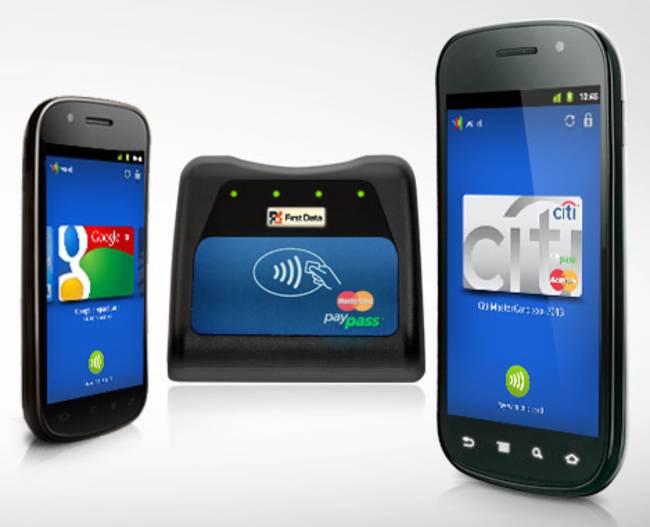
Google Wallet hasn’t had an easy start. Despite becoming the de facto standard for payment in the Android Market/Google Play Store, its adoption with consumers and retailers for NFC-based payments is effectively nil, with CitiBank and Mastercard being the only non-carrier infrastructure partners of note. The fact that the service has suffered multiple privacy scares and a short feature outage doesn’t help. So it’s no surprise when Bloomberg reports that Google’s top brass is reevaluating their strategy, with the possibility of adding a revenue share system for the carriers that support it.
If you want to get wireless carriers aboard, there’s really no better way to do it than offer them some cold hard cash. AT&T, T-Mobile and Verizon are already part of the ISIS consortium, which aims to compete with Wallet directly and give the carriers a slice of the gigantic pie that is credit cart transactions. Visa, American Express, Discover and Mastercard (playing on both sides of the fence) are on board already, and a national rollout is expected sometime this summer. With hardware, software and marketing coming from so many sources, it’s entirely possible that ISIS could corner the market for NFC payments in the United States.
Google hasn’t committed to a course of action yet, and even if they did, it’s unlikely that the carriers would support them. Verizon is just short of openly hostile towards the Google Wallet service, blocking its download for their customers along with T-Mobile. Only AT&T and The Now Network allow their users to download the Wallet app from the Google Play Store (without hacking) and even AT&T didn’t allow it initially. For Google’s NFC payment hopes, it may be too little and too late.
[via SlashGear]










Be careful carriers because the next thing you know Google will become a carrier.
.